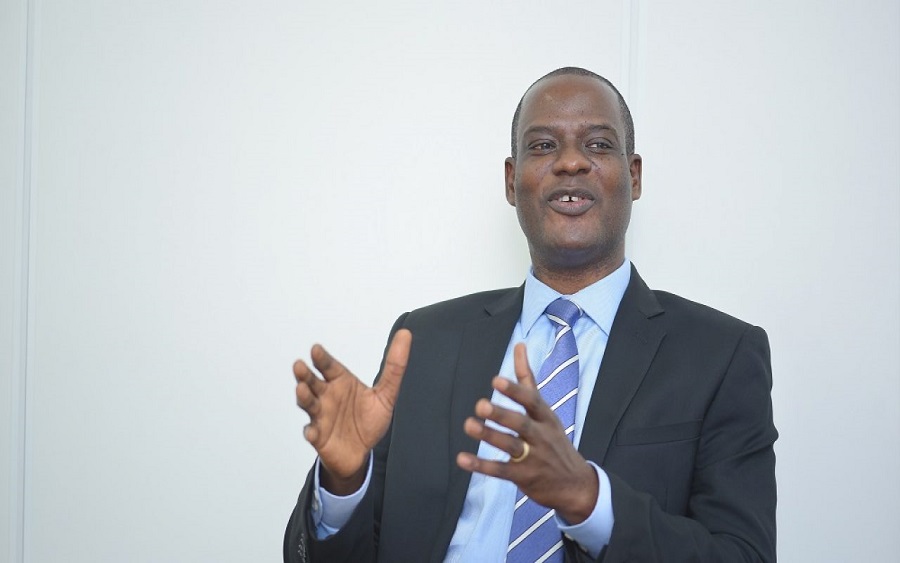
Amid concerns over multiple tax burdens on Nigerians, the presidential committee on fiscal policy and tax reform led by Mr. Taiwo Oyedele has recommended an increase in the Value-Added Tax (VAT) rate.
The proposal came to light during a policy exposure and impact assessment session organized by the committee.
Currently set at 7.5 percent, Nigeria’s VAT rate has drawn attention from the committee, with Taiwo Oyedele advocating for adjustments to the VAT revenue-sharing formula. The committee suggests revising the distribution of VAT revenue, primarily to alleviate the financial strains on states and local governments.
Speaking on the matter, Oyedele outlined the committee’s proposal: “We are proposing that the federal government’s portion should be reduced from 15 percent to 10 percent. States’ portion will be increased but they would share 90 percent with local governments.”
Highlighting the historical context of VAT in Nigeria, Oyedele emphasized the need for a fair distribution, stating, “In 1986, we had sales tax collected by states. The military came up with VAT in 1993 and stopped sales tax so they said it would collect VAT and return 15 percent as cost of collection and that is the 15 percent charged today came about. But we think it is too much.”
The committee stresses the importance of ensuring that the burden of VAT falls on the ultimate consumer. Oyedele remarked, “So we must make it transparent and neutral and this is what over 100 countries where they have VAT are doing.”
Acknowledging the dominance of the service sector in Nigeria’s economy, Oyedele underlined the need for careful consideration in implementing VAT reforms. “Nigeria’s economy is more than 50 percent in services and if I just stop at this, many states will be broke because VAT collection will go down by more than 50 percent and it won’t even fly,” he stated.
READ ALSO: Under Tinubu, 32 Million Nigerians Projected to Face Severe Hunger by June
To address concerns about the impact of VAT adjustments on businesses and consumers, Oyedele assured, “We have spoken to businesses about it and they won’t increase the product price. We want to make sure when we do VAT reform, no one will increase the price of commodities. We will work the mathematics with the private sector.”
Furthermore, the committee proposed exempting basic necessities from VAT to alleviate the burden on low-income individuals and small businesses. Oyedele explained, “So for the poor and small businesses, no VAT.”
In addition, the committee recommended against granting exclusive custodianship of VAT collections to individual states to prevent potential chaos.









Leave a Reply